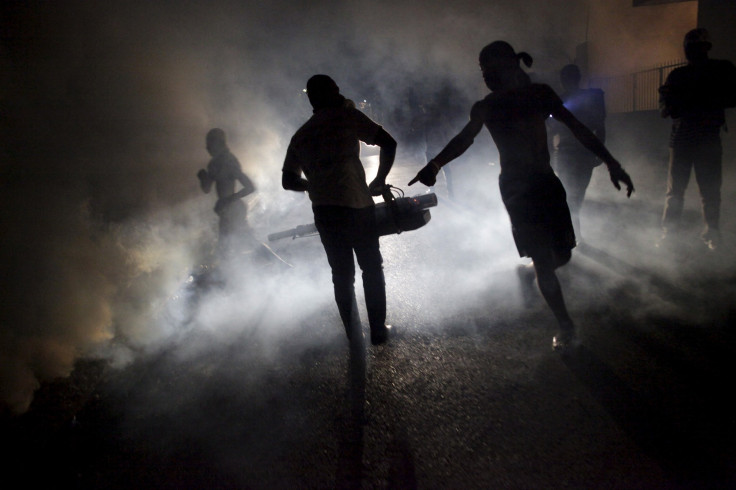Malaria breakthrough: Australian scientists from CSIRO may soon unveil world’s first ‘simple, painless and cheap’ malaria breath test

CSIRO scientists have been provided $1.4 million research grant from Bill & Melinda Gates Foundation for field-testing malaria breath markers in Sudan, Malaysia, Malawi and Bangladesh.
The field tests have been made possible after scientists at CSIRO, Australian National University and QIMR Berghofer Medical Research Institute detected distinctive chemicals in the breath of malaria-infected patients last year. The researchers would be testing the effectiveness and accuracy of the breath markers under real world conditions.
“Thanks to this new funding from the Gates Foundation, we can now test the accuracy and effectiveness of the breath markers under real world conditions. If this phase of the research pans out, we intend to move onto developing a simple, painless and cheap breath test to help identify people who have malaria but don't know it. This would enable better targeting of treatments to stop transmission of the disease,” said Dr. Stephen Trowell, Research Group Leader at CSIRO, in a press release.
The Australian scientists will be conducting collaborative validation trials over the next 18 months. Current malaria detection tests are expensive, impractical and not very sensitive. The new breath test developed will require people with suspected malaria infection to provide breath samples during trials, in addition to normal testing and treatments they receive at clinics. “Control” patients without malarial infection will also be asked to do the same.
Special sample tubes will be used to stabilise chemicals in the breath samples and then transported to St. Louis or Canberra for statistical and chemical analysis. Bill & Melinda Gates Foundation is continuously investing in new interventions including highly-sensitive diagnostic tools. The unveiling of this malaria breath test marker may significantly help in future disease eradication campaigns.
This amazing research work has prompted chief executive Larry Marshall defend CSIRO’s research work in a very spirited manner amidst deep cuts to climate science programs and staff.
“Things like detecting [malaria], that really hasn't changed in 20 years. It's begging for some really serious, innovative step, to leap ahead,” said Marshall.





















